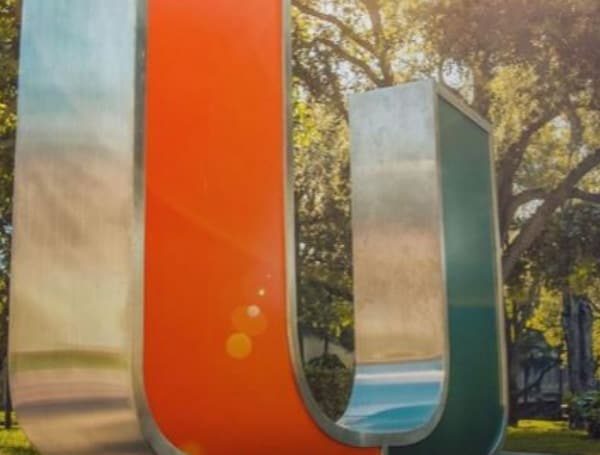The University of Miami (UM) has agreed to pay $22 million to resolve allegations that it violated the False Claims Act by ordering medically unneces
The University of Miami (UM) has agreed to pay $22 million to resolve allegations that it violated the False Claims Act by ordering medically unnecessary laboratory tests, and submitting false claims through its laboratory and off campus hospital based facilities (“Hospital Facilities”).
According to court documents, the United States alleged that UM engaged in three practices that violated the False Claims Act.
First, the government alleged that UM knowingly engaged in improper billing relating to its Hospital Facilities. Medicare regulations allow medical systems to convert physician offices into Hospital Facilities provided they satisfy certain requirements. Billing as a Hospital Facility results in higher costs to the Medicare program and beneficiaries.
Hospital Facilities are required to give notice to Medicare beneficiaries that explains the financial ramifications of receiving services at Hospital Facilities as opposed to physician offices.
Here, the government alleged that UM converted multiple physician offices to Hospital Facilities, and then sought payment at higher rates without providing beneficiaries the required notice, even after being advised by a Medicare Administrative Contractor that its notice practices were deficient.
Second, the government alleged that UM billed federal health care programs for medically unnecessary laboratory tests for patients who received kidney transplants at the Miami Transplant Institute (MTI) — a transplant program operated by UM and Jackson Memorial Hospital (JMH). Each time a patient checked into the MTI, UM’s electronic ordering system triggered a pre-set “protocol” of tests to be run for the patient at UM’s laboratory.
The government alleged that several tests on the protocol for all kidney transplant patients were medically unnecessary and dictated by financial considerations rather than patient care.
Third, the government alleged that UM caused JMH to submit inflated claims for reimbursement for pre-transplant laboratory testing conducted at the MTI in violation of related party regulations, which limit the reimbursement a provider can obtain for tests performed by a related entity to that entity’s actual costs.
The government alleged that UM did so by controlling JMH’s decision to purchase pre-transplant laboratory tests from UM at inflated rates in exchange for UM’s surgeons and Department of Surgery continuing to perform surgeries at JMH. In a separate agreement, the United States has reached a $1.1 million settlement with JMH relating to this conduct.
“Health care providers who charge for medically unnecessary services and knowingly violate billing rules contribute to the soaring cost of health care,” said Acting Assistant Attorney General Brian M. Boynton for the Justice Department’s Civil Division. “The department will investigate and hold accountable those who seek to profit at the expense of federal health care programs and their beneficiaries.”
Other News: Op-Ed: Corrupt Unions, Not COVID, Locked Kids Out of School
“Medical providers who submit fraudulent claims to our taxpayer-funded health care programs not only violate the public’s trust, they compromise the very integrity of these programs,” said Acting U.S. Attorney Juan Antonio Gonzalez for the Southern District of Florida. “Our office will aggressively pursue investigations against all providers who knowingly violate these billing rules no matter their size.”
“Bilking the Medicare program and patients by charging for medically unnecessary services will always draw the attention of my office,” said Special Agent in Charge Omar Pérez Aybar of the Department of Health and Human Services Office of Inspector General (HHS-OIG). “Working with our law enforcement partners, our agents are committed to investigating alleged billing scams that result in tremendous costs to federal health care programs and its beneficiaries.”
Contemporaneous with the civil settlement, UM has also agreed to enter into a corporate integrity agreement with the Department of Health and Human Services.
The civil settlement resolves allegations made in three lawsuits filed under the qui tam, or whistleblower, provisions of the False Claims Act, which permit private individuals to sue on behalf of the government for false claims and to share in any recovery. The relator share of the recovery in this case has not yet been determined.
The case was handled jointly by the Civil Division’s Fraud Section and the U.S. Attorney’s Office for the Southern District of Florida with assistance from HHS-OIG, the U.S. Defense Health Agency Office of the Inspector General, the U.S. Office of Personnel Management Office of the Inspector General, and the Florida Attorney General’s Office’s Medicaid Fraud Control Unit.

COMMENTS